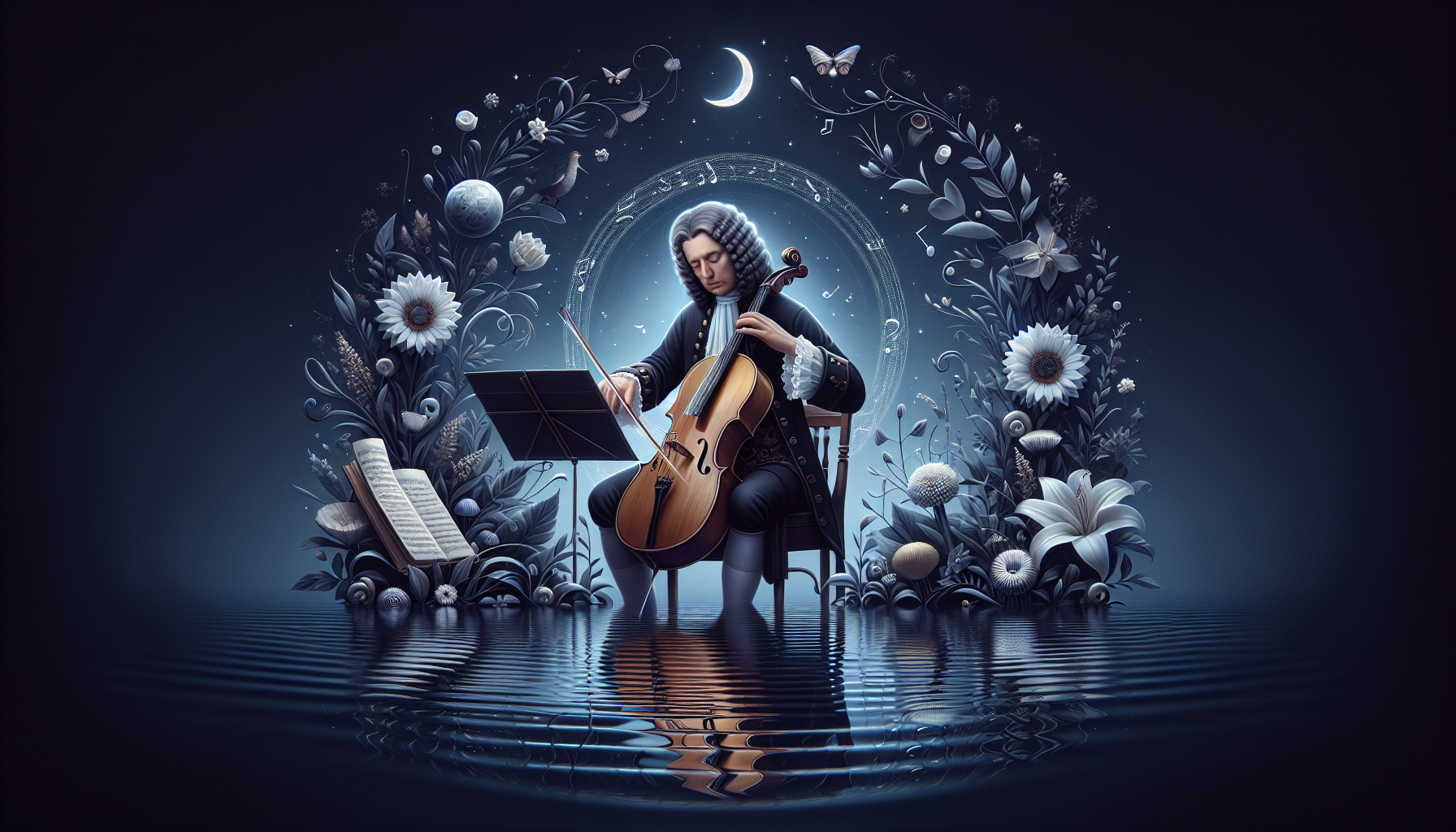Johann Sebastian Bach’s Brandenburg Concertos are often celebrated for their vibrant and lively character, yet beneath their energetic surface lies a profound sense of devotion and mastery. Composed in the early 18th century, these six concertos remain a testament to Bach’s enduring legacy in the world of classical music.
A Gift of Music
The story of the Brandenburg Concertos begins with a dedication. In 1721, Bach presented these works to Christian Ludwig, the Margrave of Brandenburg-Schwedt. According to the Encyclopædia Britannica, the concertos were a “musical offering” that showcased Bach’s unparalleled skill in composition. Although the Margrave did not provide the patronage Bach might have hoped for, the gift was nonetheless an expression of artistic respect and ambition.
Intricate Craftsmanship
Each concerto in the collection is unique, demonstrating Bach’s innovative approach to instrumentation and form. Musicologist Christoph Wolff notes that, “Bach’s concertos are a remarkable blend of different influences and styles, a synthesis only he could achieve” (Wolff, 1991). This craftsmanship is evident in the way Bach uses solo instruments, often giving them virtuosic passages that highlight the capabilities of the performers.
The Role of Devotion
While the concertos are undeniably grand, they also reflect a quieter, more introspective side of Bach’s spirituality. As Classical Music magazine suggests, the concertos are imbued with an “underlying spiritual depth” that transcends their immediate visual appeal. This is particularly evident in the second movement of the Brandenburg Concerto No. 5, where the harpsichord takes on a meditative quality, offering a moment of serene contemplation amidst the lively ensemble.
Legacy and Influence
Today, the Brandenburg Concertos continue to captivate audiences worldwide. They are performed regularly by orchestras and ensembles, celebrated for both their technical challenges and their expressive beauty. As Bach Cantatas highlights, these works remain a “cornerstone of the Baroque repertoire,” influencing countless composers and musicians who followed in Bach’s footsteps.
“Bach’s Brandenburg Concertos are not merely pieces of music; they are vibrant, living entities that continue to breathe life and inspire musicians centuries after their creation.” — BBC Music
In conclusion, the Brandenburg Concertos exemplify the quiet devotion that underpins Bach’s work. Through their intricate structure and spiritual depth, they offer a glimpse into the mind of a composer whose music continues to resonate with audiences around the globe.
